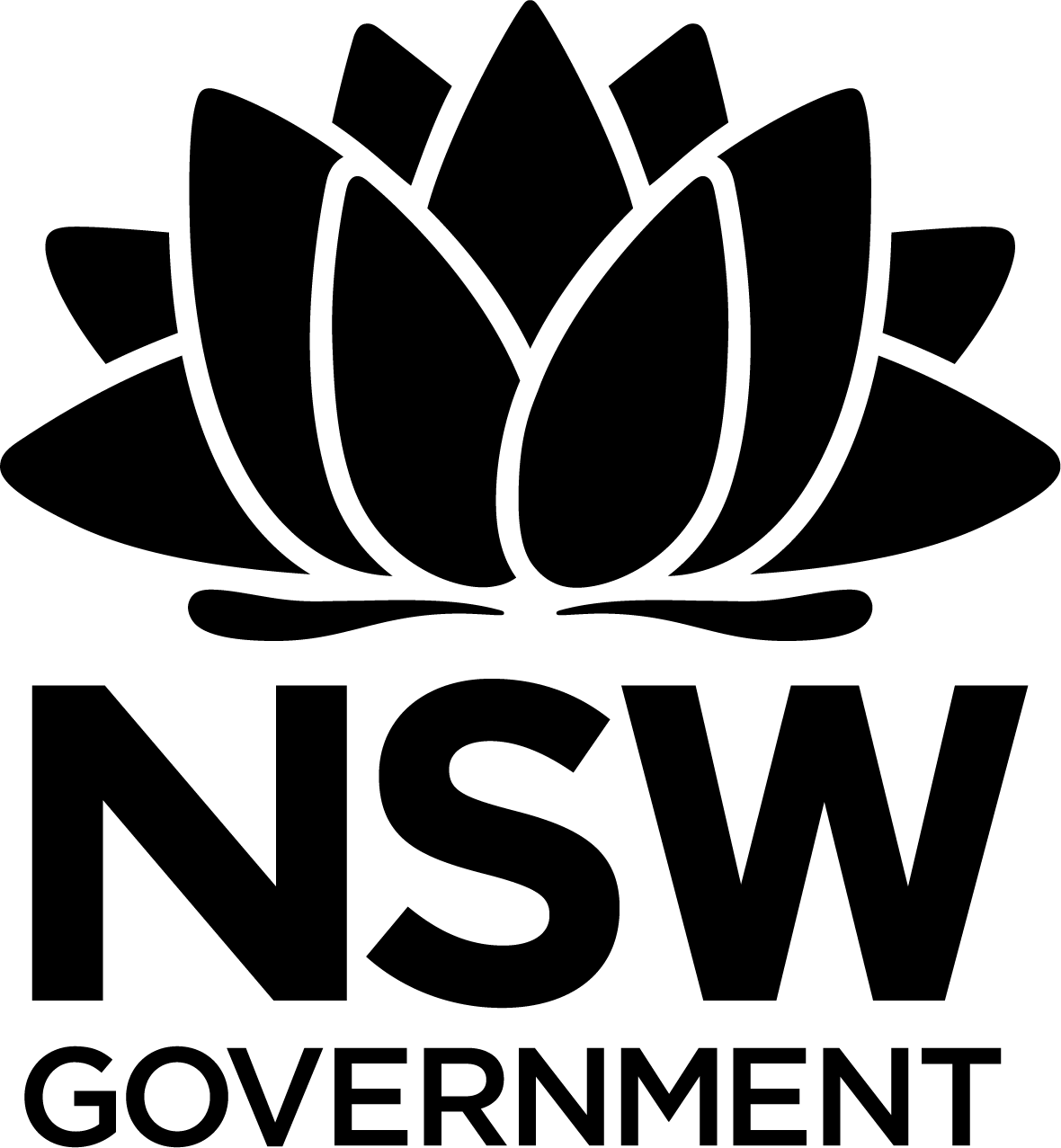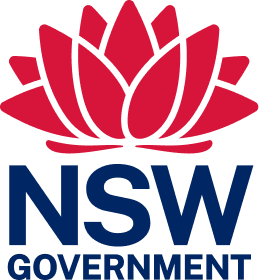
Crown land manager resource
Commons trust board – role and responsibilities
By participating as members of a commons trust board, commoners play an important part in the management and operation of their common.
Commons trust boards often rely on commoners volunteering their help to fulfil their responsibilities. Regular volunteers can form a useful pool of future members of the commons trust board.
The role and responsibilities of the commons trust board must therefore be clearly understood, both by its members and by potential future members.
A typical commons trust board
For commons created under the Commons Management Act 1989 (the CM Act), the minister can fix the number of members of the commons trust board. This must be at least three and a maximum of seven members.
Commons trusts established before 1 September 1991 (the date of the CM Act) may have had commons trust boards with fewer than three or more than seven members. However, the minister can fix the number of members at between three and seven for these commons trusts.
The members of a commons trust board are elected by the commoners.
An election for the members of the commons trust board must be held every three years, at the annual general meeting of the commoners. At that meeting, the commoners also elect a president, secretary and treasurer from among the people who have been elected to the commons trust board.
The people elected at an annual general meeting hold their positions for three years, unless they resign, are removed from the commons trust board, or otherwise cease to be a commoner.
The role of the commons trust board
The main role of the commons trust board is care, control and management of the common.
This responsibility belongs to the members of the commons trust board and cannot be delegated entirely to others. However, a commons trust board can appoint or employ others to help in the management of the common.
Commons trust board members should attend all meetings of the commons trust board or send an apology and provide a reason for their inability to attend.
While a commons trust board may employ people to assist in the management of the common (for example, rangers, maintenance staff), the members of the commons trust board should also regularly visit and inspect the common to identify and rectify hazards, and to see that maintenance authorised by the commons trust board has been carried out.
Note that a ranger is ancillary to the purpose of the common but is an employee of the commons trust.
The commons trust board can make decisions about regulating such things as:
- the way in which the common is used
- the driving and parking of vehicles on the common
- fees to be paid by commoners
- permitted or prohibited activities, which are controlled through:
- a management plan for the common
- by-laws made under the CM Act. The matters that by-laws can cover are listed in section 9 of the CM Act.
By-laws
By-laws must be approved by the Governor of New South Wales before they take effect. A commons trust board should therefore consult the department [link to contact us] for assistance in framing suitable by-laws and to ensure the approval process is followed.
A model by-law applies to a common where a commons trust has not made a by-law of its own. This model by-law is contained in Schedule 1 of the Commons Management Regulation 2018 (the CM Regulation). The commons trust board can bring legal proceedings to enforce the laws, regulations and by-laws which apply to the common.
In certain circumstances, an authorised officer of the department may be required to bring certain enforcement proceedings. Commons trust boards should consult the department before starting any legal proceedings. See the Visitors to reserves section for information about the training and accreditation of commons trust board members or employees to issue penalty notices for offences.
Management plan
For commons in existence prior to 1 September 1991, the Transitional Management Plan in Clause 9 of Schedule 5 of the CM Act applies unless a management plan has been adopted by the common.
The management plan must specify:
- the purposes for which the common may be used
- who is to be allowed to use the common for those purposes
- how and by whom the common is to be maintained
- how and by whom the expenses of maintaining the common are to be funded.
Removing a person from a common
Under Section 56 of the CM Act, a member of the commons trust board or an employee authorised by the commons trust can remove a person from the common if they are:
- not authorised to be on the common
- breaching a part of the CM Act that applies to the common
- breaching a by-law that applies to the common
- engaging in disorderly conduct which is apparently annoying or causing inconvenience to commoners or other people lawfully using the common.
Commons trust managers and employees should only have a direct role in ensuring compliance where they would be in no personal danger. Where they believe that their safety may be threatened, relevant details should be noted (for example, licence plate, descriptions of offenders) and the local police contacted for assistance.
Section 56 of the CM Act specifically authorises the assistance of the NSW Police Force to be called for.
Before seeking to exercise the power given under Section 56, a commons trust board member or employee should identify themselves and the office they hold before directing someone to leave the common.
Code of conduct
Commons trust boards and commoners are required to adhere to the department’s Crown Reserve Code of Conduct. The code outlines the standards of behaviour expected of people contributing to the management of a commons.
Declaration of financial and non-financial interests
Disclosure of financial interests
If a member of a commons trust board has any financial interest in a matter being considered by the commons trust board, the member must disclose that interest to the commons trust board.
A financial interest may include the following examples:
- the member is the owner or part-owner of a business proposing to enter into a contract with the trust, or is employed by that business
- the member has an interest in land adjoining the common and it is proposed to carry out some work or other activity that may affect his or her land in some way
- where one of the preceding examples involves a relative or friend rather than the member.
If you are a commons board member and you are in any doubt about whether you hold a financial interest, you must disclose the matter to the commons trust board for it to consider.
Once a matter has been disclosed for consideration by the commons trust board, the relevant commons trust board member must not be present during any discussion regarding the matter, nor take part in any vote on it.
The commons trust board can decide to allow the member to take part in discussions or vote on the matter, but the question of the interested member’s involvement must be considered and decided in their absence.
Register of financial interests
Each commons trust must keep a book in which disclosures of financial interests are recorded.
The book must be made available to the public for inspection at reasonable hours. The commons trust can charge a fee for this inspection (for the current fee, see Schedule 2 of the CM Regulation). A commoner does not have to pay a fee to inspect this book.
Details of disclosures of financial interests must be included in the commons trust’s annual report.
Tenders for contracts
When a commons trust board member has or may have an interest in a business that proposes to enter into a contract with the commons trust – for example, to supply goods, do work or provide a service – specific procedures must be followed.
In this case, the commons trust board must invite tenders for the contract. The invitation to tender must:
- be published in a local newspaper
- set out the nature of the work or services required or the goods to be supplied
- allow at least 21 days for tenders to be submitted.
The commons trust must not enter into a contract with a business associated with any board member unless the board is satisfied that none of the other proposals received is better than that from the board member’s business.
In these circumstances, the department is also required to approve the commons trust entering into the contract.
Relevant factors to consider include the price, the nature or quality of the work or services to be performed or the goods to be supplied, the time in which works can be carried out, and whether the tenderer has provided satisfactory services in the past.
Where services or goods are needed in an emergency, these requirements need not be met.
Appointing or replacing commons trust board members
At the end of their term, commons trust board members can be re-elected (that is, they are not prevented from serving successive terms).
A person ceases to be a member of a commons trust board if they:
- resign
- complete their term and are not re-elected
- are removed by the minister
- are absent from four consecutive meetings, unless granted leave by the board
- become bankrupt or seek the protection of bankruptcy laws
- are mentally incapacitated
- are convicted anywhere in Australia or overseas of an offence that is punishable in NSW by at least 12 months imprisonment
- cease to qualify as a commoner for that common
- die while in office.
Casual vacancies
If someone ceases to be a member of the commons trust board, the board must convene a general meeting of the commoners to elect a person to fill that casual vacancy within 14 days the vacancy occurring.
The meeting must be held within one month after the vacancy occurs.
However, if the vacancy occurs less than two months before the next annual general meeting at which an election of commons trust board members is to be held, the casual vacancy does not need to be filled unless there would be not enough members left on the commons trust board to have a quorum at meetings. In that circumstance, a meeting for an election to fill the casual vacancy must be held.
Can commons trust board members be paid?
Commons trust board members are not paid for the time spent inspecting, operating or maintaining the common, attending meetings of the commons trust board, or otherwise running the affairs of the common. They can, however, be reimbursed for out-of-pocket expenses, if the commons trust board approves, as detailed below.
With the approval of the commons trust board, a member of that board can be employed in roles such as treasurer, secretary or herder and be paid for the work they carry out in that role.
Commons trust funds are, by their very nature, public funds held “on trust” and commons trust boards must be able to demonstrate that expenditure and the use of trust funds is reasonable, acceptable, has been necessary and is incurred for the general purposes of the trust.
Commons trust boards are wholly accountable for the commons trust’s funds under their control, and high standards of accountability, transparency and good governance surrounding the use of these funds and expenditure are necessary to support this. See General administration for commons for more on the use of commons trust funds.
Commons trust board members should be required to provide a receipt before any reimbursement of out-of-pocket expenses and any costs should be assessed as reasonable, acceptable, necessary, incurred for the general purposes of the commons trust and consistent with the formal adopted policy of the commons trust in relation to out-of-pocket expenses. See General administration for commons for further details.
The Crown land manager website has information on Managing people [link to 7.5], which includes appointing volunteers, and employing staff and contractors.
Keeping up to date
Commons trust board members should keep themselves up to date with the legal requirements that affect the running of the commons trust, the board and the management of the common.
Copies of the CM Act, the CM Regulation and any by-laws made for the common should be made available to all members of the commons trust board.
The information contained on this website will be updated by the department as changes are made to laws, regulations and government policies. It might be useful to discuss any changes at the next meeting of the commons trust board when you receive an update notification.
In particular, if a commons trust board is considering some particularly significant matter (for example, constructing a major building or a large expenditure), this information should be checked for any changes to the relevant requirements. If in any doubt, contact the department.
Annual reporting and disclosure
Each commons trust must submit its annual report to the minister within two months after the end of its financial year. See the information on Reporting for Crown land managers.
Regulatory requirements
- Commons trust board membership and term of office: Commons Management Act 1989 – section 32 and Schedule 2
- Casual vacancies: Commons Management Act 1989 – section 33
- Financial (pecuniary) interests disclosure: Commons Management Act 1989 – clause 6 of Schedule 2
- Fees for inspection of financial (pecuniary) interests disclosure records: Commons Management Regulation 2006 – Schedule 2
- Tenders: Commons Management Act 1989 – clause 6 of Schedule 2
This Crown land manager web resource was printed on 27 Jul 2024. The information contained in this web resource is based on knowledge and understanding at the time of writing Jul 2024. However, because of advances in knowledge, users are reminded of the need to ensure that the information upon which they rely is up to date and to check the currency of the information by referring to the website (www.reservemanager.nsw.gov.au).
© State of New South Wales through Department of Planning, Industry & Environment 2024.
Page link: https://reservemanager.crownland.nsw.gov.au/who-we-are/commons-management/commons-trust-board-role-and-responsibilities


